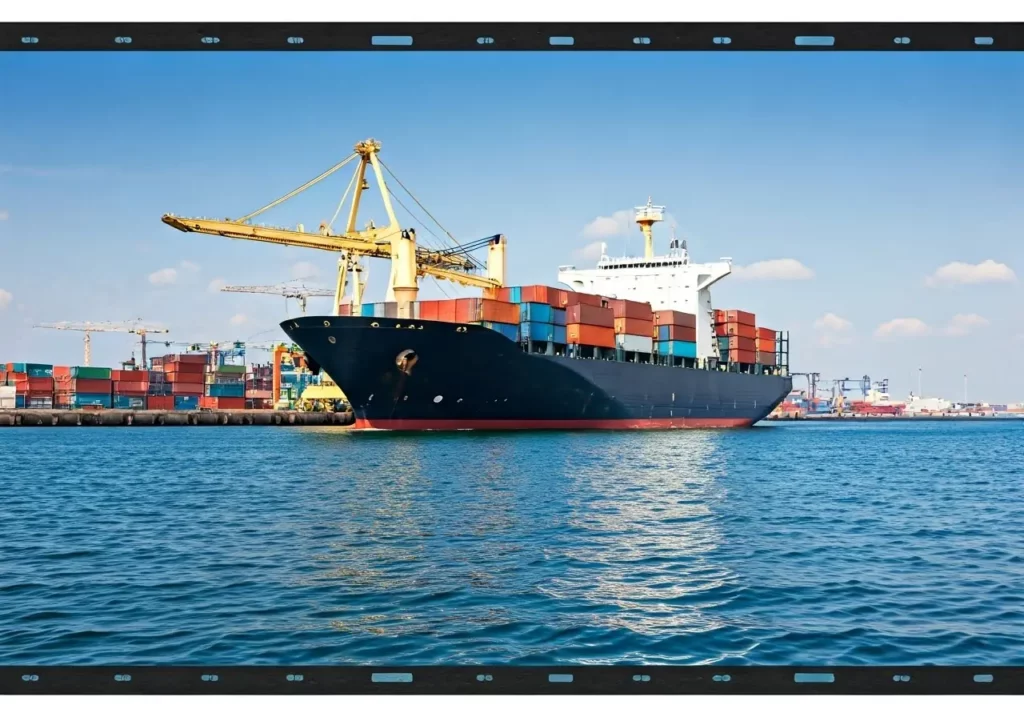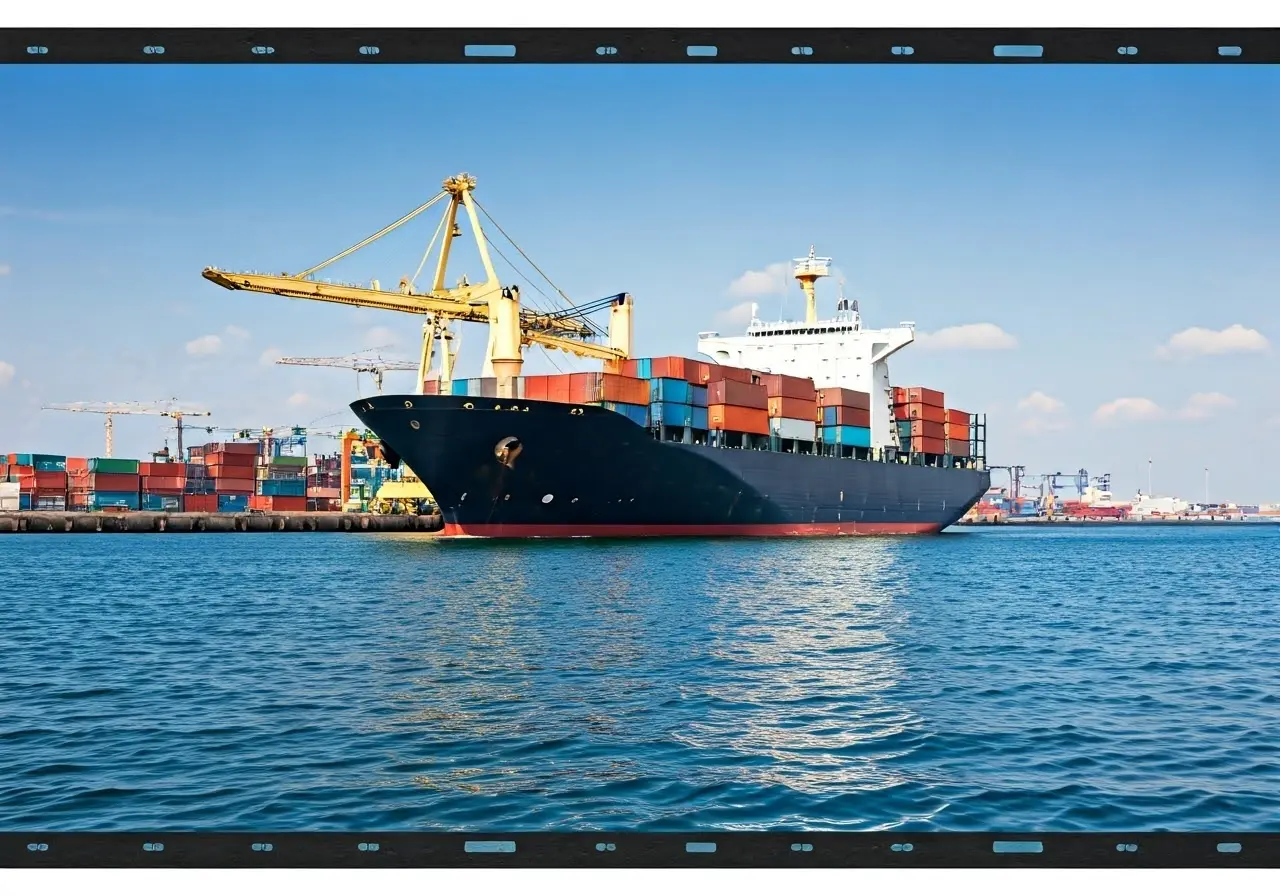Navigating the intricate world of international logistics can seem daunting, especially when it comes to sourcing products globally. However, with the right knowledge and strategies, businesses can efficiently manage logistics, reduce costs, and streamline their global sourcing. In this blog, we’ll explore how international logistics works and how it can make global sourcing easier.
Understanding the Basics of International Logistics
International logistics is much like a global symphony, where intricate elements must harmoniously blend to achieve seamless movement of goods. At its core, international logistics encompasses a trifecta of transportation, warehousing, and inventory management. Transportation is the lifeblood of global trade, involving multiple modes, from ocean freight to air cargo, ensuring goods traverse vast distances. Warehousing serves as the resting place for these goods in various stages of transit, necessitating strategic placement and efficient management. Inventory management, on the other hand, involves balancing supply and demand to minimize costs while meeting customer needs. Mastering these foundational aspects is essential for businesses aiming to excel in global trade.
The journey of a product across borders is no small feat; it requires a keen understanding of logistics frameworks and meticulous planning. The need for skilled professionals who can anticipate and mitigate risks, such as customs delays and geopolitical issues, cannot be overstated. For many businesses, exploring new markets is an exciting yet daunting prospect due to these logistical challenges. The key lies in developing a robust logistical strategy that incorporates risk management, thus paving the way for smoother operations and successful global sourcing.
Emerging markets present a particularly compelling opportunity for businesses looking to expand their reach. These markets not only promise growth but also pose unique logistical challenges. Companies are increasingly shifting their supply chains to tap into these regions, as logistics strengths and digital readiness offer a competitive edge. Recognizing and adapting to the business climates and logistical capabilities of these areas can spell the difference between success and failure in today’s interconnected marketplace.
The Role of Technology in Streamlining Logistics
Technology is the unsung hero of the logistics industry, driving efficiencies and transforming how goods are transported globally. Picture this: smart systems that optimize shipping routes, real-time tracking tools offering unparalleled visibility, and automated warehouses that reduce dependency on manual labor. Innovations such as automated tracking systems are revolutionizing how shipments are managed, providing critical insights that enhance decision-making and expedite processes.
In today’s fast-paced market, the demand for same-day and next-day delivery options has escalated. Companies that integrate technology-driven solutions into their logistics operations are responding to these demands with remarkable agility. For instance, implementing real-time logistics platforms allows businesses to synchronize inventory levels with consumer needs instantly, which not only improves customer satisfaction but also drives revenue growth. Embracing such technology is not just beneficial; it is pivotal for sustaining competitiveness and success in international logistics.
Overcoming Common Challenges in Global Sourcing
Global sourcing is a complex dance of balancing international regulations, understanding cultural nuances, and managing currency volatility. Navigating this landscape requires an in-depth understanding of market-specific requirements to avoid costly errors. For instance, staying informed about trade regulations and cultivating local partnerships can mitigate risks associated with compliance and streamline customs clearance. Such proactive measures ensure a more fluid logistics process and foster strong international business relations.
Cultural differences often pose subtle yet significant challenges in global sourcing. Misunderstandings in communication or business etiquette can lead to friction in supplier relationships. Therefore, fostering cultural intelligence and sensitivity among teams is crucial. Moreover, currency fluctuations can impact pricing strategies and profit margins. Implementing hedging strategies and maintaining flexibility in contracts are effective ways to safeguard financial interests against such uncertainties. By addressing these challenges head-on, businesses can create more resilient and inclusive international logistics practices, ultimately improving their market position.
It’s essential to not just react to challenges but to anticipate and prepare for them. Utilizing data analytics and technology to forecast demand and manage supply chain disruptions can provide a competitive advantage. By continuously monitoring global trends and leveraging insights from data, businesses can adapt their logistics strategies, ensuring smooth operations even in the face of unforeseen hurdles. This proactive approach not only minimizes disruptions but also builds long-term agility in global supply chain management.
Best Practices for Efficient International Logistics
Achieving excellence in international logistics involves adopting best practices that enhance operational efficiency. Building strong supplier relationships is an invaluable practice, as it fosters trust and improves collaboration. Negotiating favorable contracts and pricing terms ensures sustainability and competitiveness. Additionally, leveraging technology to automate routine processes reduces manual errors and enhances productivity. Implementing data-driven decision-making tools can improve supply chain forecasting and inventory management, creating a more responsive logistics operation.
Risk management is another critical component of a successful international logistics strategy. Identifying potential risks, assessing their impact, and developing contingency plans are essential steps in mitigating disruptions. Diverse shipping options and maintaining a buffer stock are practical ways to enhance supply chain resilience. Moreover, investing in green logistics solutions not only reduces environmental impact but can also drive cost savings and enhance brand reputation. By focusing on these best practices, businesses can navigate the complexities of global sourcing with greater ease and achieve long-term success.
Embrace the Ease of International Logistics
International logistics, when managed efficiently, can unlock significant opportunities for businesses looking to source products globally. By understanding the logistics process, embracing technology, and learning from industry best practices, companies can not only simplify their sourcing but also enjoy increased efficiency and cost savings. As the world becomes more interconnected, mastering international logistics will be crucial for any business aiming to thrive in the global market.


